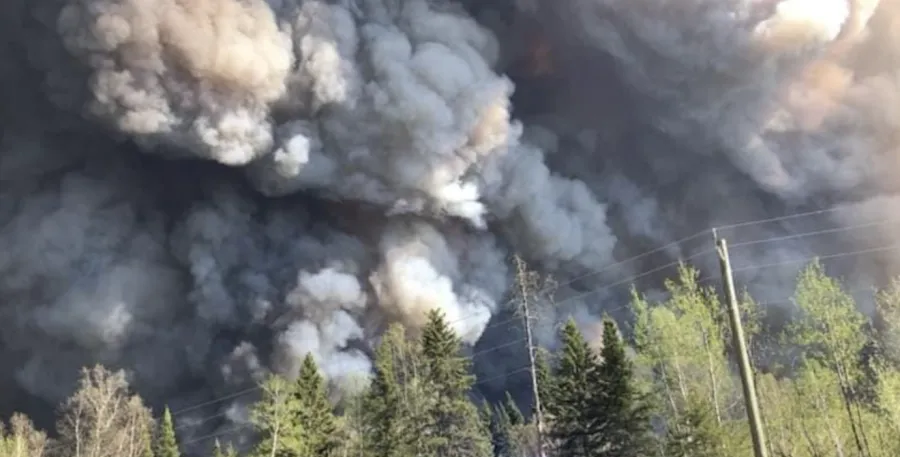Air Quality due to Canadian Wildfires

Wednesday, June 7, 2023
Brothers and Sisters,
We received the following information from Dr. Kenneth Spaeth, Division Chief of the Occupational and Environmental Medicine Center at Northwell Health in regards to the air quality risks that Long Island residents should be aware of today. Please share this message with your members.
"Given the air quality issues in our area resulting from the Canadian wildfires, a few words of caution for your members. The contaminants in the air pose an immediate risk of increased likelihood of heart attacks, strokes, arrhythmias, asthma, COPD exacerbation, etc. There are risks for ongoing, prolonged exposure to these contaminants including cancers and neurological disease.
As such, it is appropriate for your members to take this seriously and to consider the following:
This website should be used as a way to gauge the risk posed by putting in the zip code or town and seeing the air quality index score for that area.
- Currently Hempstead and Islandia, NY have an index score of 152
- An index score >100 means there is increased risk for the heart and lung problems I mentioned above for those who have existing cardiac and/or lung issues. Anyone who has such a health history should avoid working outdoors. Going outdoors should only be done if donning an N95 mask (ideally, one for which the person has been fit-tested). A surgical mask offers some but not enough protection. Please note, even N95s will filter most but not all of the dangerous contaminants from the wildfire smoke (carbon monoxide, for example).
- An index score >150, means that even those without any underlying heart or lung issues should adhere to the above guidance.
- Members should not be working outside if it can be avoided. Indoors, air filtration devices should be on (ideally HEPA units) and windows closed.
- If your members must be outside, they should be donning N95s. Exertional work outdoors should be avoided.
- In vehicles, windows should be closed and A/C should be on.
ERs are seeing more visits of respiratory and cardiac issues compared to usual. Please caution your members to be safe."
In Solidarity,
LI Fed, AFL-CIO
